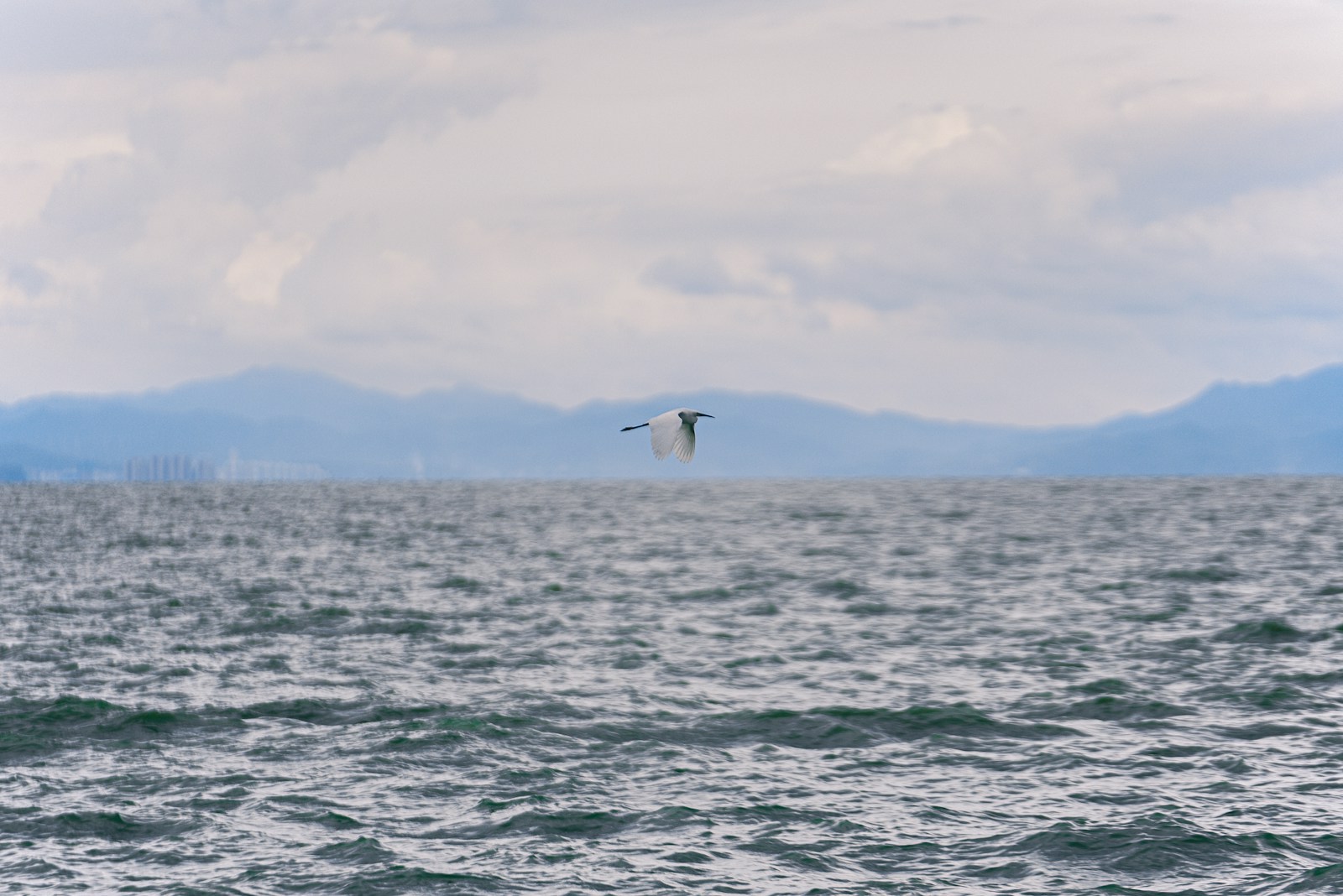“Freedom is what you do with what’s been done to you.” – Jean Paul Sartre

Freedom. What. Does. It. Mean. ??
A very much abused word.
I would answer: it depends on my circumstance. If you’ve been in a small room for years, a room three times bigger might feel like freedom. Until it doesn’t.
We can change our circumstances, we can change where we live, we can change jobs; but we cannot escape ourselves.
Perspectives on Freedom
So what is freedom? What does it mean to be free? I was having dinner with a friend of mine and asked the young waitress what freedom meant. Her answer: “I am free tomorrow, I don’t have to work.”
People working long hours yearn to be free. People in North Korea long for freedom. Palestinians and their Jewish hostages hope freedom is near. This freedom means that no other person or authority has a hold over us.
All the above… are those freedom(s)?
During Covid many people spoke of losing their freedom. Which freedom was that? The freedom to go to restaurants and the freedom to travel?
AI says the following about freedom:
“The power or right to act, speak, or think as one wants without hindrance or restraint.”
Name me one country in the world where the above still applies. I would have to argue: nowhere. Why? Many people have big egos and do not like their authority tampered with. Are you free if you can take someone else’s freedom?
No, no and no. Taking someone’s freedom diminishes our own. This is because freedom is indivisible and relies on the respect of others’ rights and liberties.
Viktor Frankl’s Perspective
So, what then is freedom?
One book and author comes to mind: Viktor Frankl and his book Man’s Search for Meaning.
For those who don’t know the book, some context. Viktor Frankl was a Holocaust survivor who spent years in several different German concentration camps. He lost his family, his health, his dignity; he lost everything.
The one thing though he did not lose was his freedom of perspective. He did not view freedom as the absence of constraints, but as the attitude we can all choose in any given situation – to find deep meaning in any circumstance.
He loved his captors and found meaning in his captivity.
Read the above paragraph again. Freedom is being in control of our own thoughts and emotions under any circumstance.
Freedom & Responsibility
The politicians of today should maybe take a page out of Dr. Frankl’s book – an antidote to never taking responsibility and always blaming others.
Let’s all take a good look at our own lives and ask ourselves the question: do I take responsibility for my own freedom or do I go around blaming the whole world for my lack thereof? And can I, under any circumstance, stay in control of my thoughts? If yes, you are genuinely free!
And then, after all this, the quote which started this article by Jean Paul Sartre makes enormous sense:
“Freedom is what you do with what’s been done to you.”
Sartre’s freedom comes with great responsibility; we are accountable for every choice we make and the consequences that follow. Isn’t that what we all want – until we don’t want it anymore?
Are we ready to execute all our rights and take all our responsibilities?